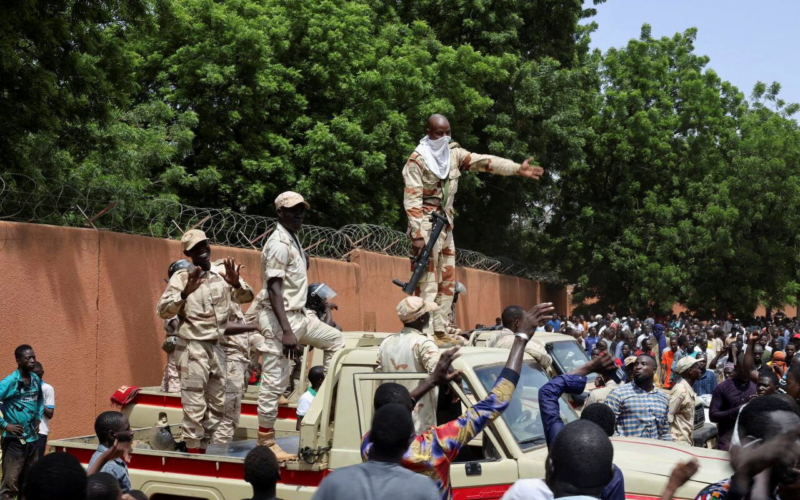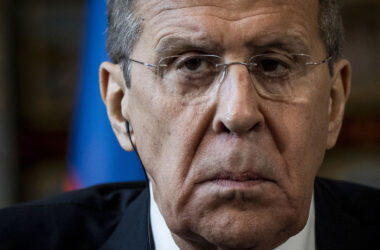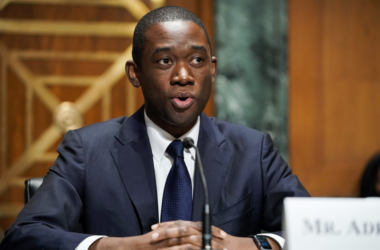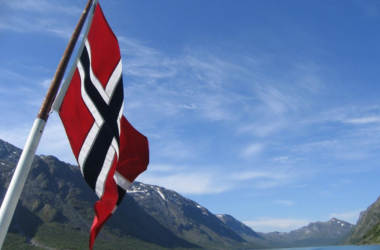The United States military is exploring alternative strategies to maintain its presence in West Africa after Niger’s decision to expel U.S. forces in favor of aligning with Russia. This strategic shift represents a significant challenge for Washington’s efforts in the region.
Air Force General C.Q. Brown, the chairman of the Joint Chiefs of Staff, is visiting Africa to discuss future plans with regional defense leaders. Speaking to reporters en route to Botswana for a meeting of African defense chiefs, Brown emphasized the need to adapt U.S. military positioning in the wake of the recent developments in Niger.
“I do see some opportunities. And there are countries that we’re already working with in West Africa,” General Brown stated. He noted that building on existing relationships could offer alternatives for repositioning capabilities initially based in Niger. However, he did not specify which countries are being considered for these adjustments.
A U.S. official disclosed that initial discussions have taken place with several countries, including Benin, Ivory Coast, and Ghana. Yet, replicating the extensive counter-terrorism presence once maintained in Niger, particularly the loss of Air Base 201 near Agadez—a critical asset built at a cost exceeding $100 million—remains a challenge. This base was crucial for joint U.S. and Niger efforts against insurgents responsible for significant violence and displacement in the region.
Another official highlighted that no immediate plans for a substantial new U.S. base or a large-scale relocation of troops from Niger are expected. “We do not expect a large military construction announcement or a significant new base to appear anywhere,” the official said.
The recent political upheaval in Niger, part of a broader trend of coups across West and Central Africa, complicates U.S. strategic interests. In the past four years, the region has experienced eight coups, including in neighboring Burkina Faso and Mali. Many of these new regimes are less inclined to cooperate with Western nations and are increasingly looking towards Russia, unencumbered by the legal restrictions faced by the U.S. in supporting governments that come to power through coups.
Catherine Nzuki from the Center for Strategic and International Studies in Washington noted the shifting alliances in the region. “The US had solid partners in the region,” Nzuki said. “Now that the US has been pushed out of Niger, the political question is whether we are losing allies in the region and if changes are happening too rapidly for us to keep up.”
The U.S. military is currently reassessing its strategy in response to these rapid changes. “We are doing some introspection right now and thinking about what our modified goals should be,” a U.S. official stated.
With the U.S. military’s withdrawal from Niger proceeding on schedule ahead of a mid-September deadline, approximately 600 troops remain at Air Base 101 near Niamey’s Diori Hamani International Airport. Meanwhile, Russia has started deploying forces to the same base for training activities, though U.S. officials note that there is no interaction between U.S. and Russian troops.
Despite the withdrawal, General Brown remains hopeful for future security cooperation with Niger. “We have an embassy there, so we still have relationships,” he remarked. “And so I don’t know if the door is completely closed. If in the future the opportunity presents itself to rebuild, re-strengthen the relationship, we’ll work with the rest of the U.S. government to figure out how best to do that.”
The strategic landscape in West Africa continues to evolve, with the U.S. adapting its approach to address ongoing security challenges and geopolitical shifts.








